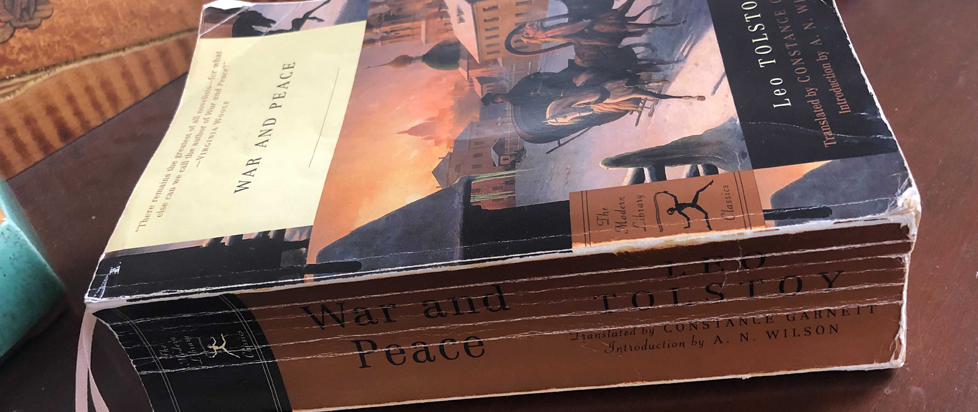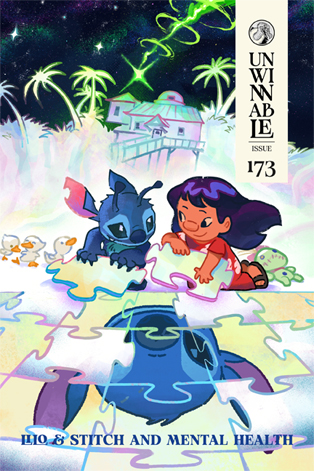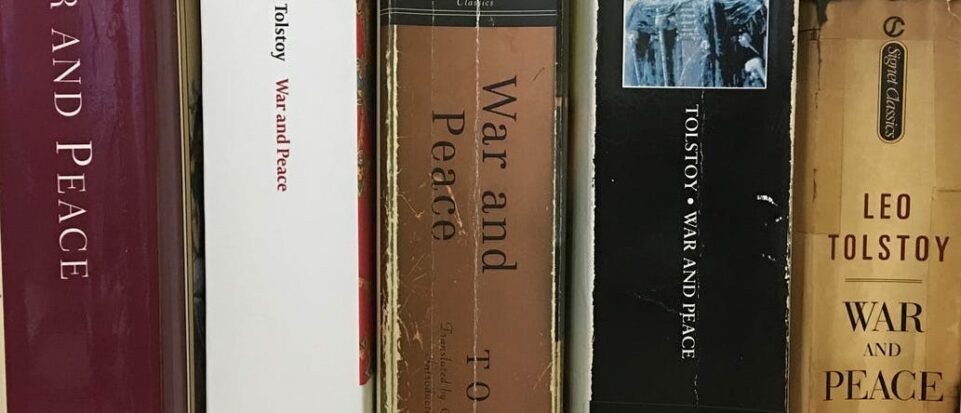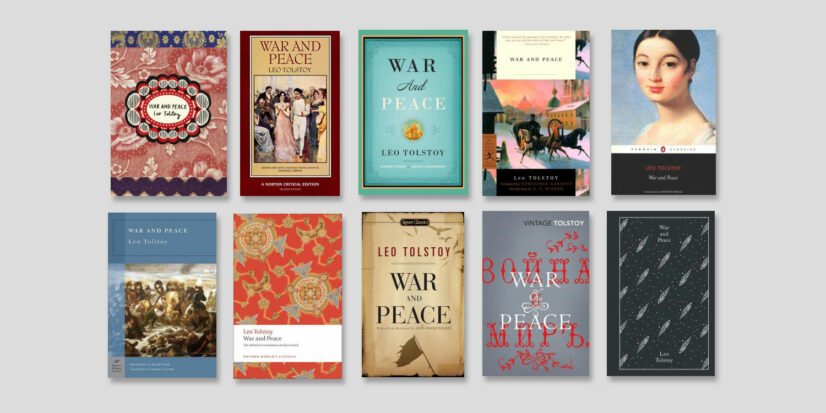
Lost in Translation

This column is a reprint from Unwinnable Monthly #173. If you like what you see, grab the magazine for less than ten dollars, or subscribe and get all future magazines for half price.
———
Interfacing in the millennium.
———
I’m considering whether I should switch which translation of War and Peace I’m reading. I’ve had to say that sentence out loud with a straight face while working through this dilemma, which has been appropriately humbling. It’s just not a problem most people have any particular stake in; the fact that I’m even taking time out of my packed schedule of Anthropocene anxiety to worry in this particular direction means my life has taken a turn somewhere. But it does feel like a genuine dilemma! I’m reading one of the great works of world literature for the first time, and probably the only time, and I’d like to do it right.
Here’s the context. A friend and I have both taken on the project of reading War and Peace over the course of 2024. At 361 chapters, that’s roughly a chapter a day. The chapters, I have been assured by highly-vetted internet sources, are an average of four pages. So far, my experience supports that; I’ve found myself wincing when I have to flip pages twice, which makes me sound a bit more precious than I feel I’ve actually been about this whole thing. I’m quite enjoying the experience! It’s less daunting when you have such a small portion of it set in front of you every day, and the fact that we’re reading it together means that every day we essentially get to have a gossip session about our best friend: depressed homosexual Andrey Bolkonsky.
The fuss made about the novel’s laundry list of characters has been exaggerated so far. There are about as many as you’d expect for the word count, and a fair amount of side characters are introduced and then fade into the background without a hysterical amount of fanfare. The main characters stand out, are given plenty of time, and the relationships you’re supposed to follow and understand aren’t yet too complicated.

But what does frustrate me, and what has prompted my investigation into other translations, is my own sobering lack of context. The picture Tolstoy paints of aristocratic Russian society and Napoleonic warfare is so impressively, perfectly specific that I feel both totally immersed in the story he is telling and entirely incapable of understanding the fundamental things happening within it. I will sit in awe at the perfect description of the set of Andrey’s eyes as he listens to the droning of a general whose job he thinks he could do better; I’ll wince in sympathy as Marya finds herself smitten with a man whose mere presence terrifies her, preening even as he politely acknowledges her and turns back to her prettier friend. Then, two chapters later, I will spend six paragraphs in desperate confusion trying to understand the punchline to a joke. Sometimes the book refers to four different characters as “the princess” on the same page. There is a lot of talk about political diplomacy.
It sounds like I’m bitching at Tolstoy for his lack of clarity. Leo, it’s not you, it’s me. A book like this is a big deal, okay, and if I read it, I’d like to feel like I’ve read it, to feel like I understood the nuances I needed to and followed even the particulars of one or another battle and came out of it a more educated, erudite person. I don’t want to miss anything! In the midst of all the eternal yawing about whether you should make teenagers read classic literature in school or if adults who primarily read young adult fiction are a disgrace to their species we’ve skipped over the fact that some of us didn’t pay attention in English class and therefore feel a little like a circus bear riding a bicycle even when doing something that is ostensibly their primary hobby. I would like to not be an idiot about this, ideally.

So here I am, overanalyzing translations. Constance Garnett is taking the brunt of the heat here, although in all honesty I really don’t think she’s been all that bad. I’m just evaluating my options. Despite the fact that you can’t min-max life, I still want to ensure I’m in the best place I can possibly be, inventory and equipment-wise, for the boss fight of world literature. So here are my choices now:
- Modern Library Classics, paperback, what I’m currently reading. Garnett translation, which I’m finding readable on a sentence level but contextually confusing. My copy got trashed in the mail, so I’ve got incentive to let it go.
- Modern Library Classics, hardback. Second verse, same as the first. It would look nicer, and the spine wouldn’t come pre-split!
- Norton Critical Edition. Absolutely not. The meager essay offering isn’t worth Maude’s Anglicized names. Who the fuck is Andrew?
- Penguin Classics. Pretty paperback, nice and chunky. Got a good HANDFEEL. I’d be worried about the dark spine showing cracks prominently. Briggs translation, which is supposed to be easy to read but unforgivably British.
- Barnes and Noble paperback edition. Talks about a character’s death scene on the back splash so I refuse to read it on principle.
- Oxford World Classics. A pretty copy, but I know from experience the spines of that series are so tight it’s impossible to read them without visibly fucking them to hell and back.
- Vintage Classics. Beautiful, big-ass teal hardback. Would make me feel like I’m Doing Something… but it’s the Pevear and Volokhonsky translation and I’m scared of their literalisms.
Anyway, these are the things I think about all day. This is your brain on books.
What everything comes back to, here, is why I’m reading War and Peace in the first place. It’s mostly because – and I am personally extremely susceptible to this, for some fluke of personality that can probably be attributed to my star sign or my love language or the tarot reading my friend did at New Years – because I want to say that I have. I do things to prove I can. I am constantly making a point no one asked me to. Why would I read War and Peace? Why wouldn’t I? And I am. Take that.
———
Maddi Chilton is an internet artifact from St. Louis, Missouri. Follow her on Twitter @allpalaces.




